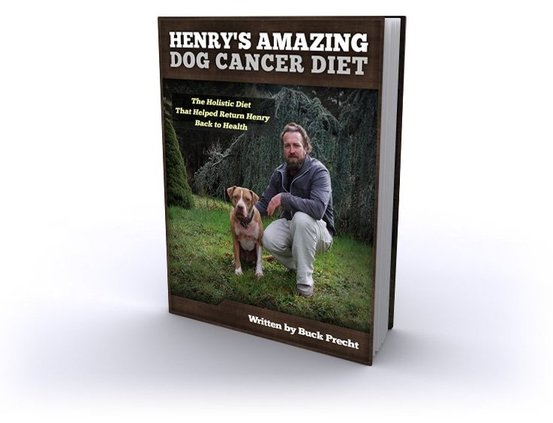Canines and Grains
Recently, there has been a strong movement away from dog foods that contain grains. There has also been a lot of misunderstandings about grains, gluten, and a dogs nutritional needs. I’ll try to shed a little light on the grain aspect here, let’s start from the top. Dogs, are descendants of wolves which are carnivores. Their genetic makeup is so closely related, that dogs are actually considered a sub-species of wolves (Canis lupus familiarus). Canines being carnivores, have evolved for over 50 thousand years on a diet primarily of eating prey. Though selective breeding and domestication has change the temperament and external characteristics, the digestive track has remained virtually the same and there is no notable difference between the digestive track of a dog, and that of a Timber wolf.
Canine Physiology
Canines don’t naturally graze on corn or grains in the wild. In fact, the majority of the prey they eat do not consume grains either. Their digestive track is that of a carnivore, and does not have long intestines, nor do they produce the enzymes necessary to properly break down certain plant matter effectively. This often leads to digestive track disorders and can ultimately lead to food allergies and a dysfunctional immune system over time. Some mistakenly consider dogs to be omnivores because of their ability to eat certain types of plant based foods. It’s true that they have evolved to be opportunist in a sense and can eat a wide variety of foods in order to survive. However, dogs are scientifically classified as carnivores and they need a diet largely consisting of meat or protein in order to thrive and not just survive. The fact that dogs can eat certain foods doesn’t necessarily mean these foods should be a consistent part of their diet. The canines ability to eat a wide variety of foods has been misunderstood and unfortunately been abused in recent decades and is now seen as the primary cause for many illnesses in canines.
Grains and Commercial Dog Food
 Grains are used primarily by large profit minded dog food manufactures as a cheap filler. Some brands contain close to 50% grains with little regard to the fact that dogs can’t properly break down and absorb the nutrients. There’s been a rise in dog cancer as well as other canine illnesses in recent decades, and many feel the processed diet that dogs have been subjected to are largely to blame. I go over grains and commercially manufactured dog food in much more detail in the book.
Grains are used primarily by large profit minded dog food manufactures as a cheap filler. Some brands contain close to 50% grains with little regard to the fact that dogs can’t properly break down and absorb the nutrients. There’s been a rise in dog cancer as well as other canine illnesses in recent decades, and many feel the processed diet that dogs have been subjected to are largely to blame. I go over grains and commercially manufactured dog food in much more detail in the book.
Misinformation
Unfortunately there is so much bad and outright wrong information on the web regarding healthy dog food, grains, dry dog food, raw feeding, BARF diets and more. There’s also many other factors that aren’t commonly addressed, especially when a canine with an health complications or illness. I do my best in the book to clear up many of these and provide you with a clear understanding, so that you can create the proper canine diet easily and confidently.




